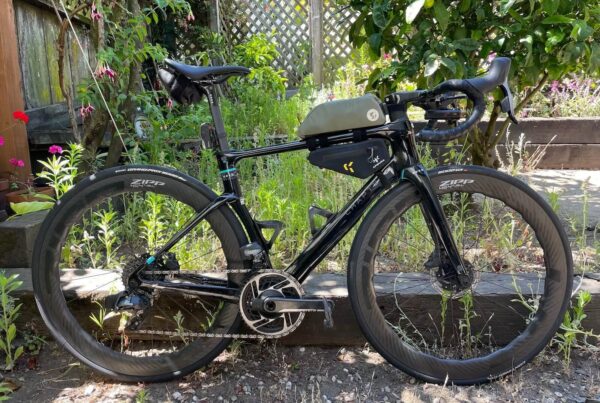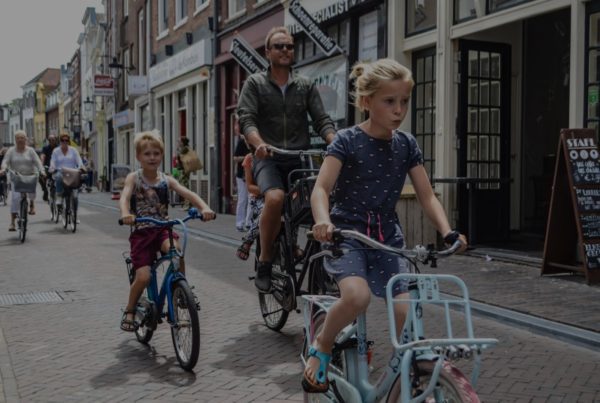Tomorrow, the nation heads to the polls. Of course, the election that is on everybody’s mind is the one that determines which candidate will be our President for the next four years. But as in every general election, there’s more on the ballot to consider.
In the 2010 election, a Republican tidal wave inundated the House of Representatives, sweeping in Republican control and sweeping many Democratic Congressman out of the Capitol. One of the most stunning losses for cyclists was Representative Jim Oberstar of Minnesota, who had been a long-time champion of cycling issues in Congress, and as Chair of the House Transportation Committee, had actually been in a position to include support for cycling in federal transportation policy.
With Rep. Oberstar out of the picture, Congress was suddenly a much more hostile environment for cyclists. That Republican-led hostility to cycling continued through last year (and into this year), when the House Transportation Committee unveiled its new transportation bill. With Rep. Oberstar out of the picture, the legislation had been transformed from one which embraced cycling as one mode of transportation in a federal policy of multi-modal transportation, to one which slashed all federal spending that was not devoted to propping up the supremacy of the automobile.
The setbacks for cyclists weren’t all happening at the federal level, however. Twice in the last year, California Governor Jerry Brown vetoedsafe passing and distracted driving legislation that would have benefited cyclists. In Texas, Governor Rick Perry vetoed a 3-foot safe passing law.
And yet, while we may sometimes experience defeats at the state or national level, the local level can sometimes be a different experience for cyclists. One example: Tomorrow, voters in San Diego, California will elect a new mayor. Remarkably, the contest is between two candidates—one Republican, the other Democratic—who are both strong supporters of cycling.
This might be business as usual for elections in Portland, but when you start seeing candidates competing to court the bicycle vote in other cities, you can start to see the political power that cyclists can wield with their vote. That Republican Congressional hostility to cycling? It is only temporary, and sooner or later, will be swept away by the tidal wave of growing interest in cycling. So, if you like the cycling policies of the people representing you, whether at the local, state, or federal level, give them your support. And if you don’t like the cycling policies of the people who represent you, support candidates with better policies. Make your voices heard with your vote. Become a force to be reckoned with. That’s what happens in cycling-friendly places like Portland, and that’s what can happen in your town, too.




The Alamo Colleges, San Antonio College downtown, St. Phillips College ,Palo Alto college ,NW Vista colleges in San Antonio Texas despite the perfect weather and environment for bikes the college security/police will actually fine ,stop or warn any student riding a bike on their campuses , so bike riding is not welcome or encouraged under the district policy supported by the president Ziegler.
No Wheelies on campus policy which includes Bikes, therefore are not bike friendly, their policy considers bike riders un-safe on campus and you may receive a ticket for riding a bike if you ride on any campus property even though it is a public institution . in other words bikes have been banned.
yeah can you believe that and its a public college one of the largest community colleges in Texas
covers many square miles, has campus housing, dorms and has a big lack of parking issue to deal with
read article in school newspaper, even despite no incidents !
https://www.theranger.org/2.135